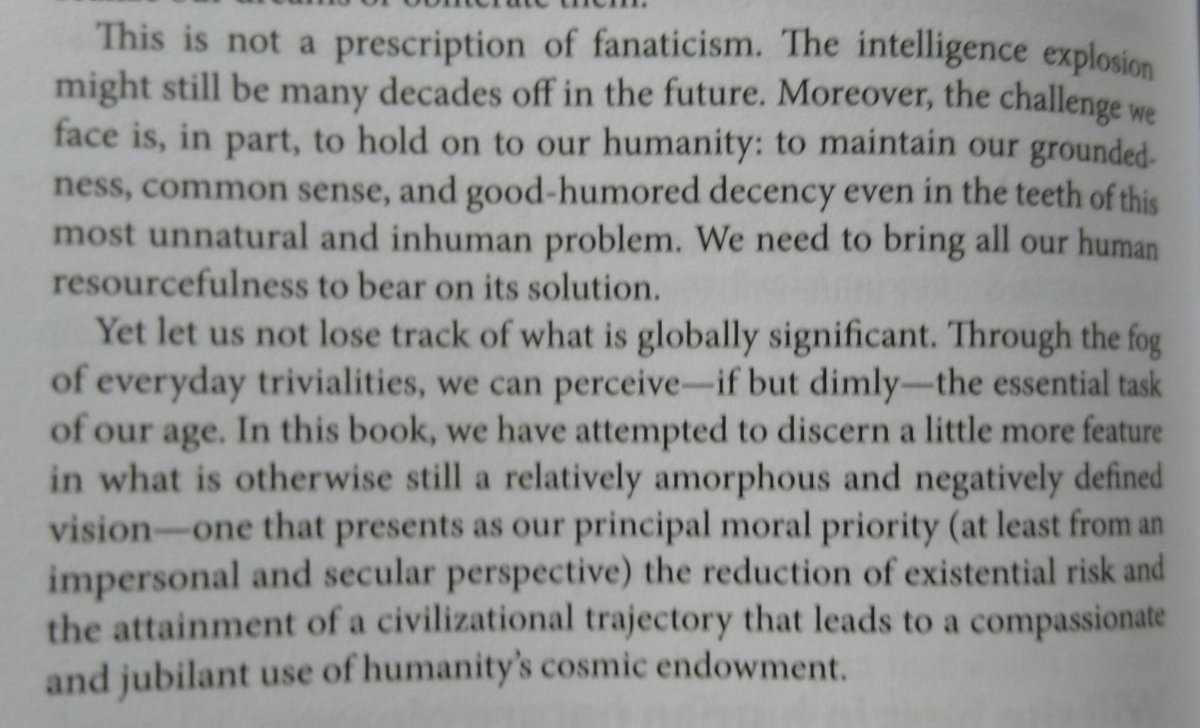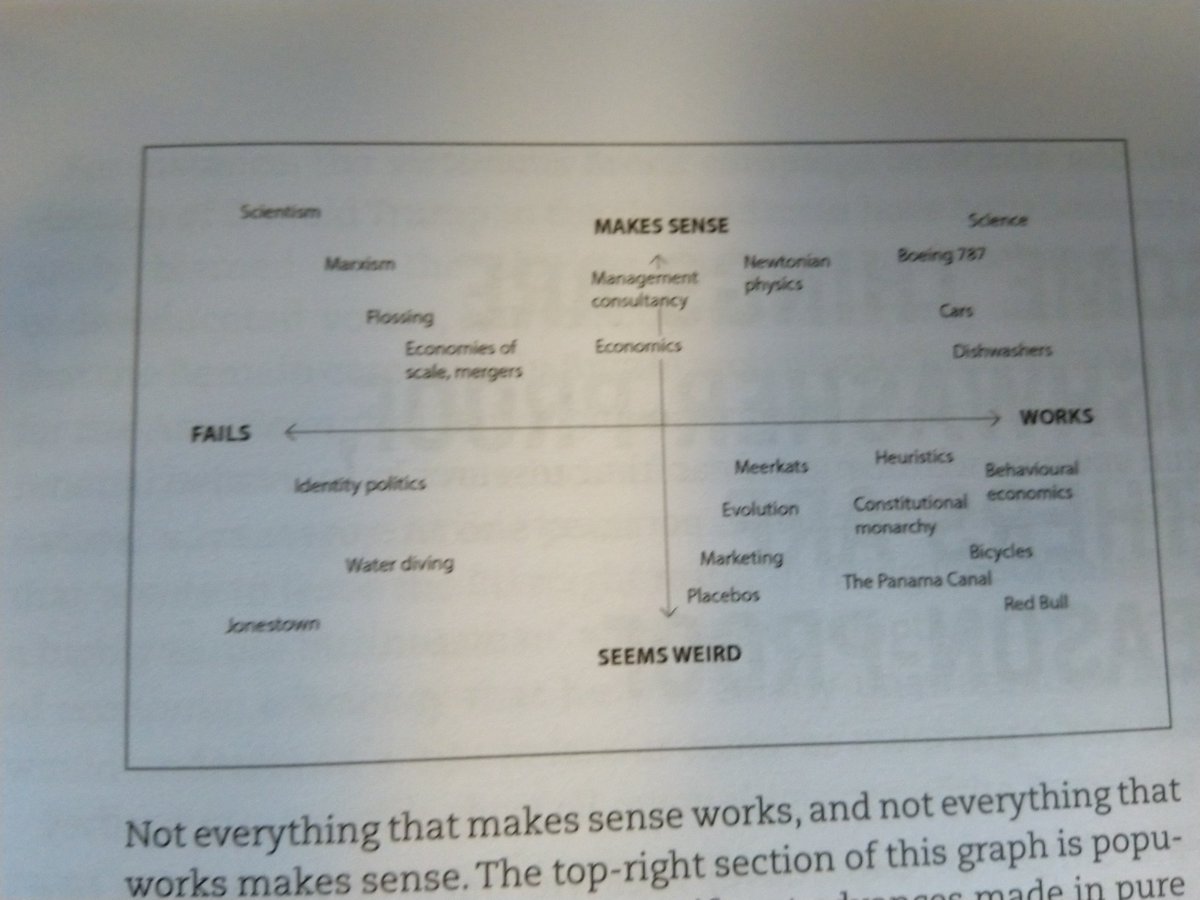(Bayesian agent makes probabilistically optimal use of available information)
- AI
- Whole brain emulation (uploading)
- Biological cognition (brain enhancement)
- Brain-computer interfaces
- Networks and organizations (the internet)
Speed (much faster)
Collective (large number, overall superior)
Quality
Speed, internal communication, number of computational elements, storage capacity, reliability, editability, duplicability, goal coordination, memory sharing, new modules
Biological brains must be <0.11m^3
Electronic system could ve 6.1x10^17, about the size of a dwarf planet, 18 orders magnitude larger (p.72)
Two classes of countermeasures against existential catastrophe as result of intelligence explosion:
Capability control (boxing, incentives, stunting, tripwires)
Motivation selection (direct specification, domesticity, indirect normativity, augmen)
Applies in spades to direct specification approach
Chapter 13: Which values? Choosing the criteria for choosing
Strategic analysis
Capacity-building
(p.316)
Good summary is this Ted talk by Bostrom:















